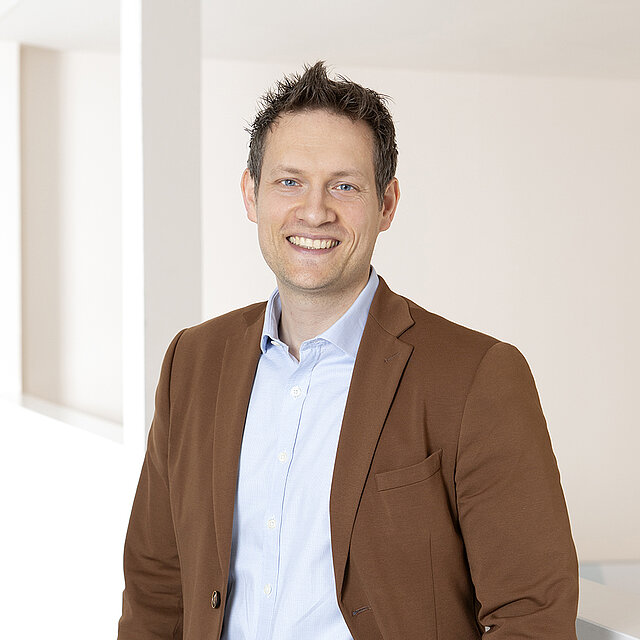Our research
 Space
Space
11. Making a human presence in space durable using space resources
Success Story #1
Supporting space resources start-ups
In 2021, ESRIC launched the Startup Support Programme (SSP): the world's first ever incubator programme dedicated to the topic of space resources. In partnership with the European Space Agency (ESA), the Luxembourg Space Agency (LSA), LIST and Technoport (Luxembourg's main technological incubator), the programme aims to support space resource sector start-ups in their early phase, to develop their business models, attract their first customers and secure their first investments. The three-month pre-incubation phase allows five selected start-ups to validate technical concepts and align these with market opportunities. They will benefit from support in-kind, for both the technical and commercial aspects of their project. After this first three-month phase, the best project will be selected for a two-year incubation phase, during which the start-up will be able to establish its technical value proposal and further develop its business model. Additional technical and commercial support will be provided during the incubation phase, and funding in the form of a non-refundable grant of up to 200,000 euros will be allocated to the start-up.
Contact: Lari Cujko
More information: About the Startup Support Programme

Success Story #2
Ambitious partnerships for a future space economy
ESRIC aims to become the internationally-recognised centre of expertise for the scientific, technical, commercial and economic factors related to the use of space resources for human and robotic exploration, as well as for a future space economy. By partnering with public and private international players in this field, we want to create a hub of excellence for space resources in Europe. The two collaborations launched in 2021, with Air Liquide and the National Centre for Space Studies (CNES) on the one hand, and with Airbus Defence and Space on the other, are very promising for the future of the sector.
On 7 July 2021, CNES, the Luxembourg Space Agency (LSA), the European Space Resources Innovation Centre (ESRIC) and Air Liquide signed a Letter of Intent confirming their wish to collaborate on developing research and technology activities (R&T). The objective is to form, by 2022, joint teams that will work on concrete research projects aimed at developing key technologies for the production and in situ use of the various gases needed for more sustainable space exploration.
On 26 October 2021, ESRIC signed a memorandum of understanding with Airbus to collaborate on lunar resource extraction technologies. This will lead to the development of key technologies for the use of in situ resources (ISRU), in the fields of resource processing and materials recycling. As part of this strategic partnership, Airbus and ESRIC will continue to develop technologies enabling the production of oxygen on the moon, the production of raw materials from regolith and metal recycling, with the aim of producing a demonstrator of a future ISRU pilot plant. The ability to use local resources will be a key element in maintaining a sustainable robotic and human presence on the moon.
Contact: Kathryn Hadler
Success Story #3
A knowledge-sharing platform for the space resources community
In 2021, ESRIC launched a project to create a knowledge-sharing platform for the space resources community. This platform is expected to respond to community motivations identified in a survey conducted between April and July 2021. One of the main sector expectations: having access to a centralised and easy-to-use knowledge base. Therefore, a team of LIST engineers has started working on a data visualisation tool integrating scientific publications, news, patents, books, press articles, legislative documents and social media posts. ESRIC's knowledge-sharing platform should be of great interest to researchers, whilst also highlighting business opportunities for companies.
Contact: Emmanuel Scolan

- Success Story #1
- Success Story #2
- Success Story #3

